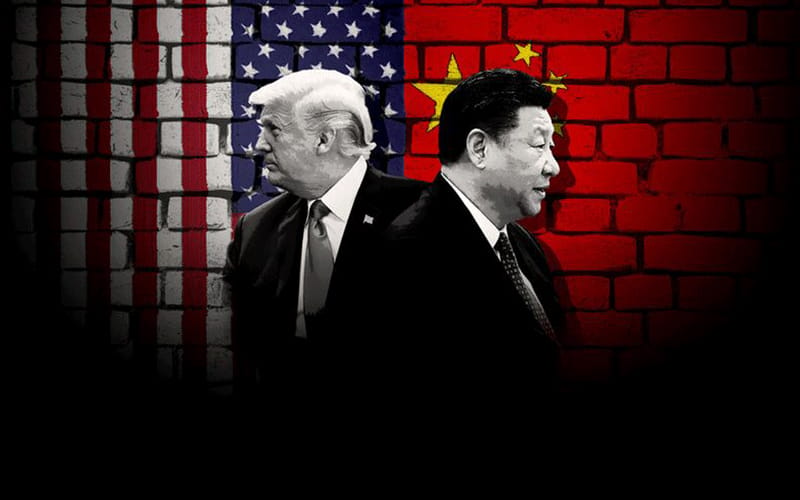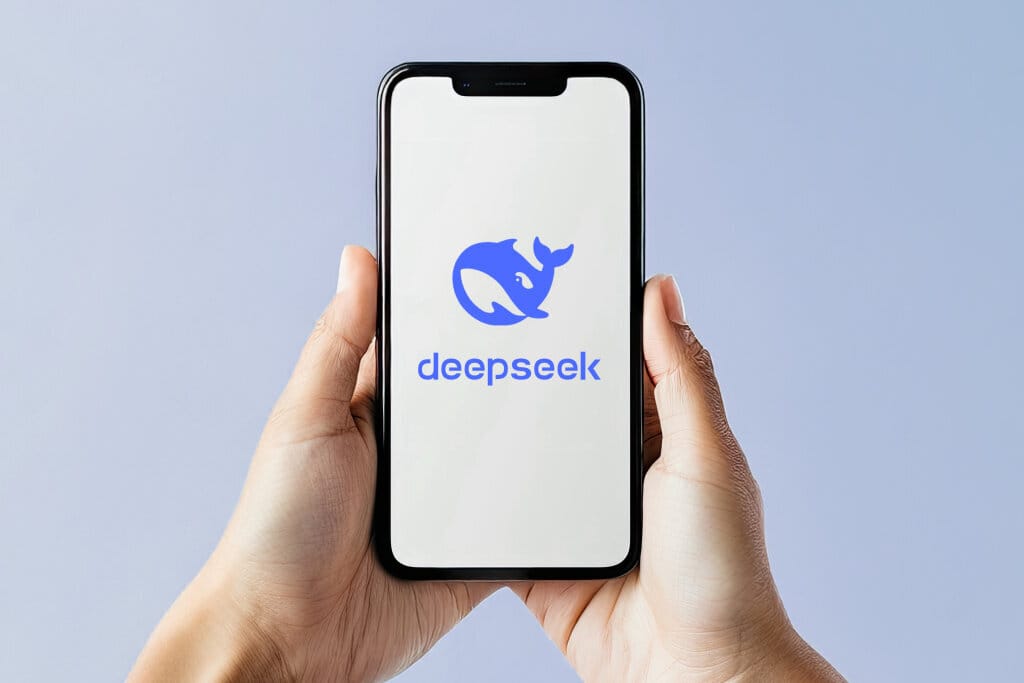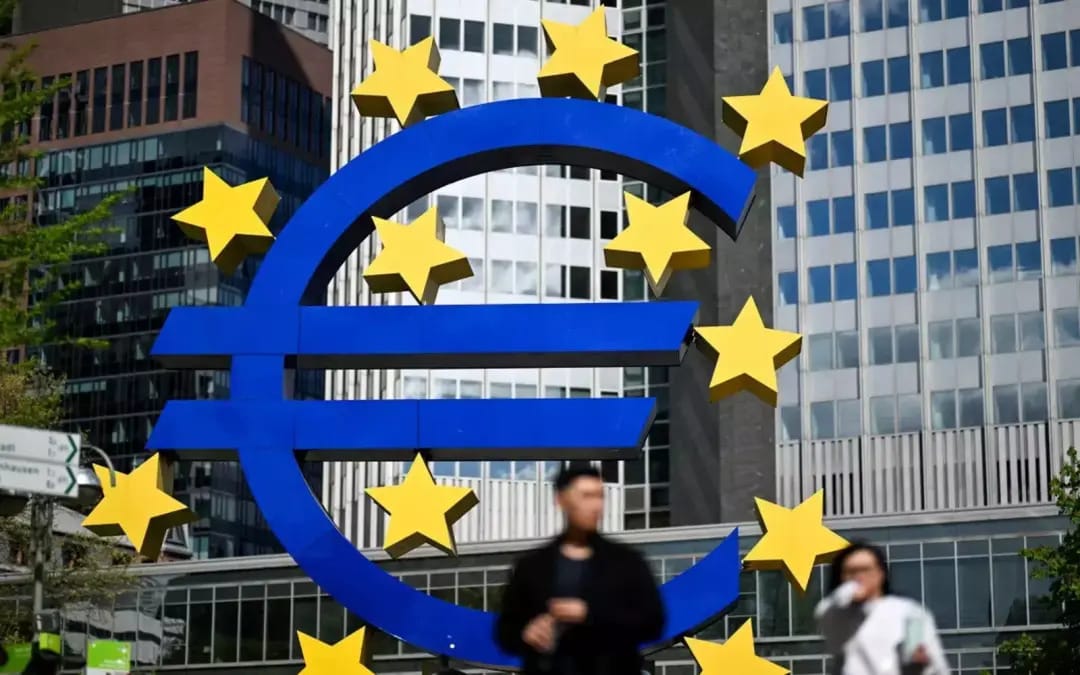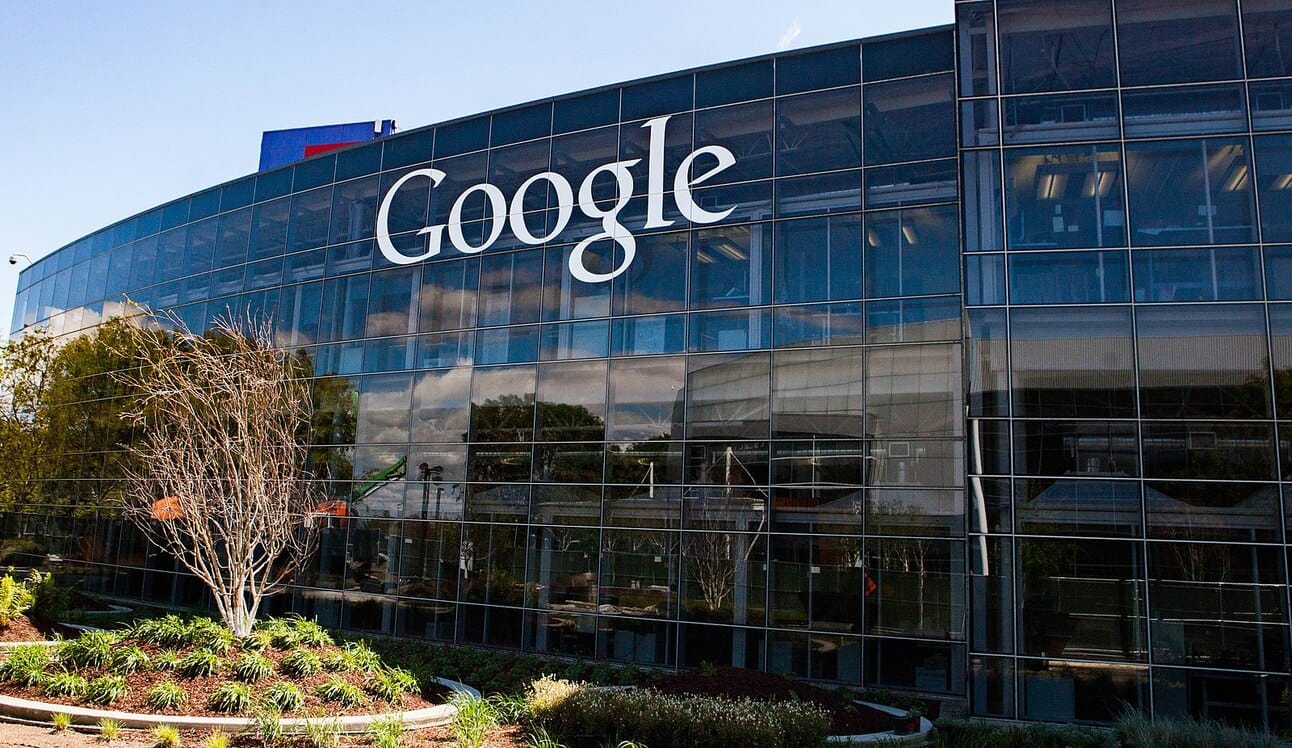
Good Moo-rning Legends! 🐮📈
We truly tried to keep our promise of fewer President Trump summaries this week. Lit a candle, made a vision board, and wished for a policy-free news cycle, but alas, the man is a content MACHINE, and here we are once again knee-deep in tariff talks, tax plans, and EOs.
Other than that, Luka Doncic got traded🐴➡️🟡🟣… Somewhere in Dallas, Mark Cuban just spit out his protein shake. Somewhere else, a 5-year-old Mavs fan is forced to update their jersey collection (think about what you did Nico Harrison).
On that somber note, here is a reminder to stay informed, and stay locked in—this week is bound to be a spectacle. 🎭
Markets (USD) - Weekly
NASDAQ | 19,523.40 | +1.96% |
S&P 500 | 6,025.99 | +0.94% |
D-JIA | 44,303.40 | +0.08% |
2-Year Yield | 4.302% | +3.70bps |
10-Year Yield | 4.496% | -6.80bps |
Bitcoin | $96,159.31 | -5.31% |
GOOG (Class C) | $187.14 | -7.33% |
February 2
Trade War 2 Before GTA 6

Image Source: FMT
The U.S.-China trade war got itself a sequel, here is the play-by-play breakdown.
Trump’s Play:
On Feb. 4 President Trump imposed a 10% tariff on all Chinese imports, claiming that the nation has not taken strong enough action to stop fentanyl from entering the U.S. Law enforcement agencies and government officials in the U.S. believe that China is the dominant producer of chemical precursors used by Mexican cartels to produce fentanyl.
Also, Trump scrapped the de minimis exemption, which previously allowed imports under $800 to enter the U.S. duty-free. Expect your Temu hauls to take a price hike.
China’s Response:
China in retaliation, announced 10-15% tariffs on U.S. coal, LNG, crude oil, and machinery, effective Feb. 10. Beyond tariffs, China also:
Tightened export restrictions on key minerals (tungsten, tellurium, bismuth, molybdenum, and indium) needed for high-tech manufacturing.
Added PVH1 and Illumina2 to its “Unreliable Entity” list, accusing them of harming Chinese businesses.
Launched an antitrust3 investigation into Google.
What’s Next?
While this all sounds pretty hardcore, the implications of China’s response seem relatively mild, suggesting room for negotiations.
February 7
The Down-Low on DOGE

Image source: Flickr
Elon Musk is leading the charge to “streamline” the U.S. government under Trump’s new Department of Government Efficiency (DOGE). But the details aren’t exactly clear.
So, what has DOGE done so far?
Took over the Office of Personnel Management, offering 2 million federal workers a “deferred resignation” deal.
Shut down USAID, laying off staff and freezing programs.
Gained view access to Treasury’s $5 trillion payment system, attempting to halt USAID payments.
Slashed up to 50% of the General Services Administration’s budget.
Accessed Medicare and Medicaid systems, citing fraud investigations.
Cut federal contracts tied to DEI and foreign aid.
Musk claims DOGE has saved $1 billion, but critics call it an "illegal power grab." Some lawmakers were even blocked from USAID headquarters when they attempted to investigate the situation. Bottom line? Musk’s DOGE is bulldozing bureaucracy at record speed, but whether it’s legal, or effective, is still up for debate.
February 5
DeepSeek’s Crash Course Introduction to Geopolitics

Image Source: CCNull
DeepSeek, the shockingly powerful and ridiculously cheap Chinese AI chatbot that wiped $1 trillion off the U.S. stock market last week (we covered it two weeks ago 🐌🤭), is now facing bans from governments worldwide.
In the U.S., Congress is pushing a bill to ban DeepSeek from all government-owned devices, following reports that the chatbot may be transmitting user data to China Mobile. Texas has already issued the ban, with the U.S. Navy and NASA quickly following suit.
Australia, Taiwan, and South Korea have banned DeepSeek across all government systems as well, also citing national security concerns. While Italy took the most aggressive step—outright banning the app entirely.
Beyond security concerns, DeepSeek is also being investigated by OpenAI for “distilling”—a forbidden machine-learning technique that involves training a model directly on another’s outputs. But let’s not forget, OpenAI also faces plenty of its own IP theft accusations.
February 7
Europe: From Zero to Hero…and Back Again?

Image source: Free Malaysia Today
Europe’s stock market is suddenly outpacing the US, with Germany’s DAX up 9% and France’s CAC 40 climbing 8% - well above the S&P 500’s 2.45% gain. What’s fuelling the rally?
US tech wobbles: Weak earnings from Microsoft and Alphabet, plus China’s AI rise, have investors looking for alternatives.
Cheap valuations: European stocks trade at a discount: 12-14x earnings vs the S&P 500’s 22x.
Rate cuts and policy shifts: The ECB and Bank of England are easing, while political uncertainty in France and Germany is settling.
Strong US economy and strong dollar: Many European giants make big bucks in the US, and a rising dollar boosts their revenue.
But look out: Trump’s looming tariff threats could slam Europe’s rally, returning it to what some called “uninvestable”. Investors are bullish, for now.
February 4
Google Hands in an A-

Image Source: Wikipedia Commons
Alphabet (Google’s parent company) turned in an A- on its report card Tuesday, but its investor parents—expecting straight A’s—weren’t impressed. Revenue grew 12% YoY4 to $96.47 billion, and EPS5 climbed to $2.15 from $1.64 last year, but Google Cloud and search advertising—historical cash cows—grew slower than expected.
Despite this, Alphabet is doubling down on spending, announcing a $75 billion capital expenditure6 plan for 2025—a significant jump from previous years. Much of this will go toward expanding AI and cloud infrastructure. CEO Sundar Pichai justified the investment by pointing to an 8x increase in computing power usage from Google Cloud customers over the last 18 months.
But Wall Street isn’t buying it. With the rise of DeepSeek, an alarmingly cost-efficient Chinese AI model, questions have surfaced over whether U.S. tech firms are overspending on AI infrastructure.
All this sent Alphabet’s class C6 shares tumbling as much as 9% this week. Google is working hard to sell its vision—but investors are just…selling.

Trump ordered a draft of a plan for a U.S. sovereign wealth fund, a state-owned investment fund typically used by countries with a budget surplus (which the U.S. do not have) to invest in assets like stocks, infrastructure, and natural resources.
Trump pauses a 25% tariff on Canadian and Mexican imports for 30 days after securing agreements from both countries to tighten border security. Canada agreed to a $1.3 billion plan to curb fentanyl trafficking, while Mexico pledged to deploy 10,000 troops to its northern border to reduce illegal migration.
Trump calls for closing of the carried interest loophole, which allowed private equity, hedge fund, and VC managers previously to classify their earnings as capital gains (taxed at ~20%) instead of income (taxed at 37%).
Tesla sales plummet in Germany, hitting their lowest level since 2021 despite the country’s overall EV market growing. Some attribute this to Musk’s political antics.
Vanguard slash fees by approx. 20% on 168 mutual funds and ETFs, which could save investors up to $350 million this year alone.
Argentina follows the U.S. out of the WHO, with criticism of the WHOs actions during the pandemic.

PVH: The parent company of fashion brands Calvin Klein and Tommy Hilfiger, it specializes in making apparel and accessories.
Illumina: A biotech company that develops DNA sequencing technology used in genetic research and medical diagnostics.
Antitrust: When a government looks into whether a company is breaking anti-competition laws of the country, namely by monopolization, fixing prices, or trying to dominate a market in a way that harms consumers.
YoY: Short for year-on-year, which measures how much something, in this case, revenue, increased or decreased compared to the same period in the previous year.
EPS: Short for earnings per share, it measures how much profit a company makes per share of its stock. It is calculated by dividing net income by the total number of outstanding shares (shares that are currently held by investors).
Class C: A Class C share of Alphabet (GOOG) is a non-voting stock, meaning shareholders have ownership but no say in corporate decisions, unlike Class A (GOOGL) shares, which come with voting rights.
Capital Expenditure: Spending by a company on physical assets such as buildings, machinery, equipment, etc.


“Gaza Lago” by Ed Wexler, courtesy of Cagle Cartoons
‘‘‘Cartoon does not reflect the opinions of the TWC crew, we just thought it was funny’’’
Here’s Why Over 4 Million Professionals Read Morning Brew
Business news explained in plain English
Straight facts, zero fluff, & plenty of puns
100% free

~Newsletter friendies we think are equally cool~
Joey Choy Top Stocks: Renowned Singapore Investor Joey Choy’s Stock Market Insights.
Show Both Sides: Unbiased political coverage with a lil’ humor sprinkled in.
WriteOff: Tax & finance life hacks to help put an extra buck back into your pocket.
Phenom Crypto Letter: Crypto and DeFi coverage that is 14,978+ members strong.
DISCLAIMER: This newsletter is for educational purposes only, and is not intended as financial advice, investment guidance, or a solicitation to buy or sell any assets. While we strive for accuracy, we cannot guarantee all information is error-free. Always exercise caution and conduct your own research before making financial decisions.


